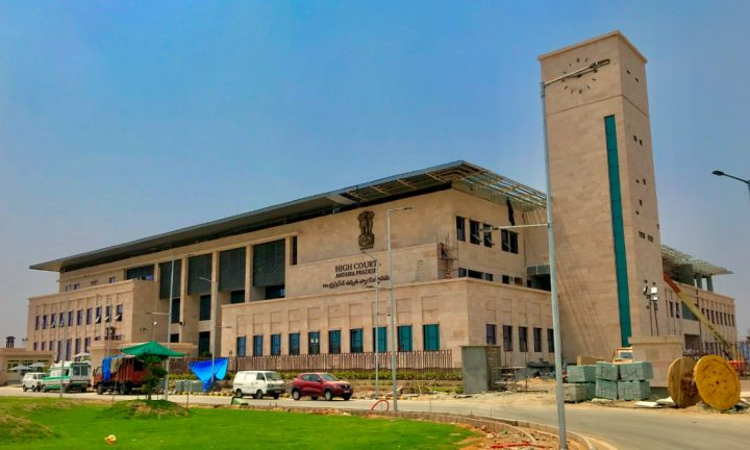Andhra Pradesh HC Refuses Pre-Arrest Bail To One Accused Of "Monitoring Through WhatsApp" Mob Agitation Over Renaming District After Ambedkar
EKTA RATHORE
6 July 2022 10:37 AM IST

Another, accused of participating in the mob, was granted regular bail.
Next Story


